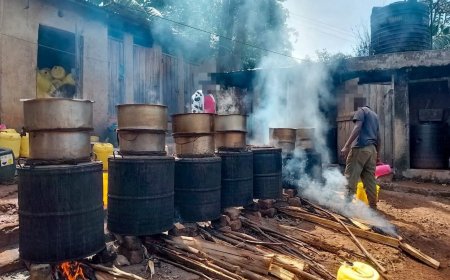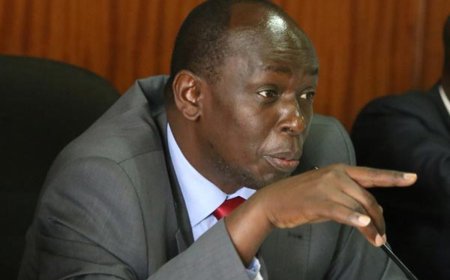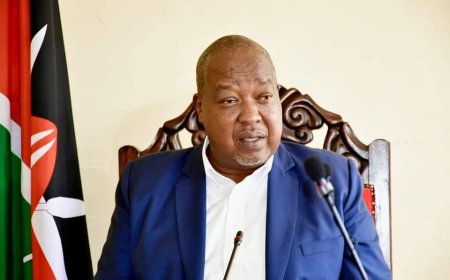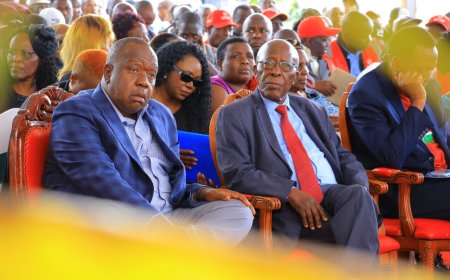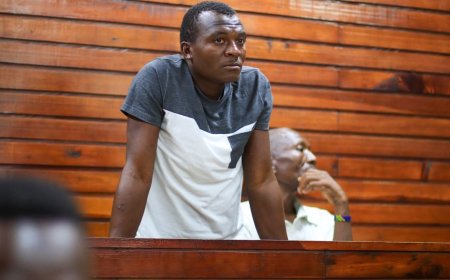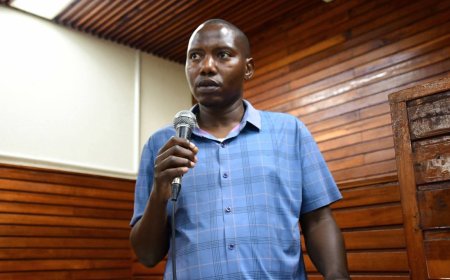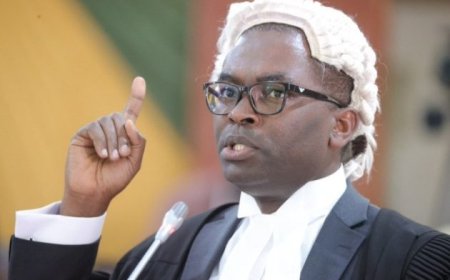The theory of hated darling and the Kenyan Presidency
During that period, the opposition talked, demonstrated, and even attempted a coup—all in vain. Nothing changed; extrajudicial killings and political assassinations marked the country's dark era.
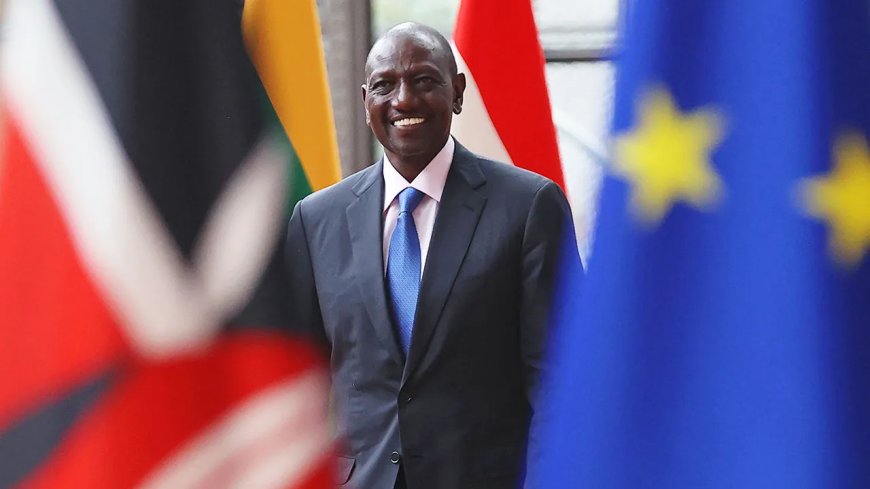
For many years, Kenya has experienced opposition politics that had seemingly been unable to bail out Kenyans.
Political slogans such as “one-term president” started during the late President Daniel Moi’s tenure, yet he went on to rule for 24 years.
During that period, the opposition talked, demonstrated, and even attempted a coup—all in vain. Nothing changed; extrajudicial killings and political assassinations marked the country's dark era.
Then came the restoration regime in 2002, when the people’s darling came into power, the late third President Mwai Kibaki.
During Kibaki’s swearing-in, the song "Yote yawezekana bila Moi" (All is possible without Moi) echoed across Kasarani Stadium.
Indeed, everything became possible without Moi in power. The people’s darling made significant changes in Kenya, most notably the 2003 declaration of free primary education. This not only brought joy but also improved literacy among many hustlers who today still suffer in deep poverty.
In 2005, the people’s darling began to amend the Constitution. That same darling became the enemy. The “one-term” narrative resurfaced.
Surprisingly, Kibaki lost the referendum to a new darling—Raila Odinga—who led the one-term songs.
The former darling and the new darling later contested in Kenya’s darkest election in 2007, which claimed at least 1,000 lives and saw massive destruction of property.
It seemed the new darling might win, but the former darling had carefully planned his path and won the election.
He then invited the new darling into power, and they formed a shared government. Indeed, both darlings were finally happy with power—happy despite the deaths, displacement, and destruction that occurred.
To them, that was just the death of a small fish in a pond. What they didn’t understand was that even that small fish is worth everything to the family of the fish.
Poverty and agony continued. The darlings eventually broke up—not because of the problems Kenyans were facing, but because of the scramble for power in 2013.
Raila Odinga emerged again. Because darlings must be loved, he was celebrated and welcomed as the man who could bring change in 2013—something he couldn’t achieve even while serving as a powerful Prime Minister.
People forgot that and still wanted him in power. Uhuru and Ruto, at that time, were just the hated darlings—accused of playing roles in the 2007 clashes.
No one believed they could win against the actual darling. But just like in 2007, the script was well-utilized in 2013. The hated darlings won the election and gripped power.
They made changes, but the common denominators from previous regimes persisted: suffering, killings, and political humiliation. Indeed, the script had been passed down from the colonial government to the sons of the soil.
Then came the longest-serving darling under NASA, and it seemed he could finally unseat the hated darlings. The one-term narrative was alive in every corner of Kenya. “One-term” seemed real.
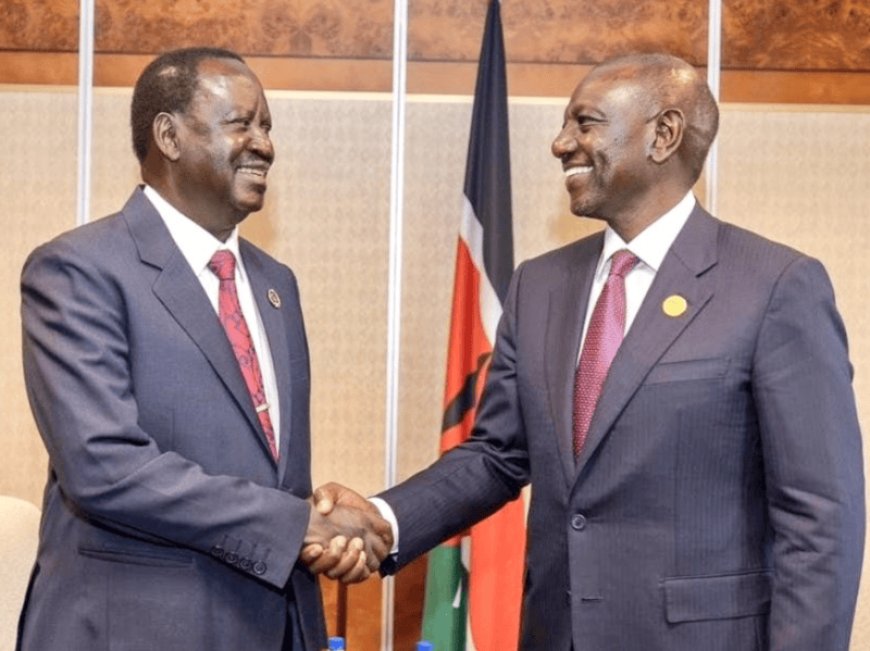
Shockingly, the darling was trapped in his own NASA trap. The hated darling won the election, and the darling won tears.
Yet again, like in the popular cartoon Tom and Jerry, where enemies reunite after fierce fights, the hated darling and the darling united and became best friends.
The same 2007 script was repeated in 2018—the handshake.
Then came William Ruto—now the new darling. Not just any darling, but the hustler’s darling.
This time, we had the darling of the hustlers competing against the two long-serving darlings. It seemed the two darlings would easily win the election in 2022.
The same script used in 2007 and 2013 was once again perfected in 2022. The hustler darling won the election.
The current regime, the hustler darlings, merely copied the past four regimes' scripts—alleged killings and political humiliations.
One thing remains unchanged: in every government, the bride (the common Kenyan) must remain poor and suffering.
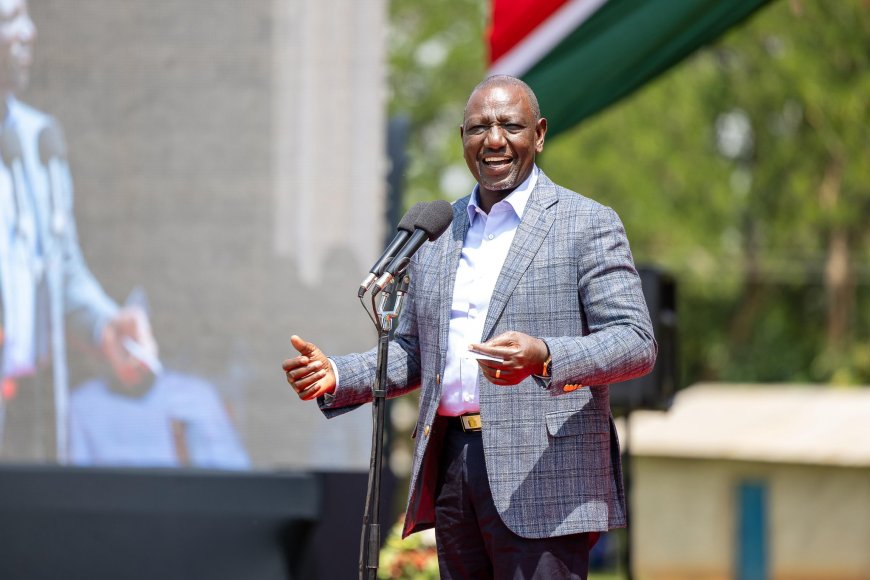
The former deputy president—specifically, the impeached one—has become the people’s darling. Not just any darling, but a truthful darling.
He has emerged as the most preferred candidate, someone many believe is the best choice. On the other hand, the hustler darling, William Ruto, has become the most hated darling as we approach the 2027 elections.
The truthful darling is not happy about it. That is where the “one-term” narrative, which began in Moi’s era, returns.
I’m not saying I have seen the outcome of the 2027 general election, but I must remind you: darlings don’t win elections. They win tears and hugs from the bride (citizens).
The hated darlings win the election and then invite the darling in to share the bread of power.
Indeed, both the darling and the hated darling love power—and they must enjoy it with the help of the bride.
In 2027, the long-lasting script may change. But from colonial times to now, one truth has remained: the darling doesn’t win.
The hated darling wins, then brings in the darling to share power. And the constant in all this? The bride must always suffer for the sake of both darlings.
What's Your Reaction?
 Like
1
Like
1
 Dislike
0
Dislike
0
 Love
0
Love
0
 Funny
0
Funny
0
 Angry
0
Angry
0
 Sad
0
Sad
0
 Wow
0
Wow
0



